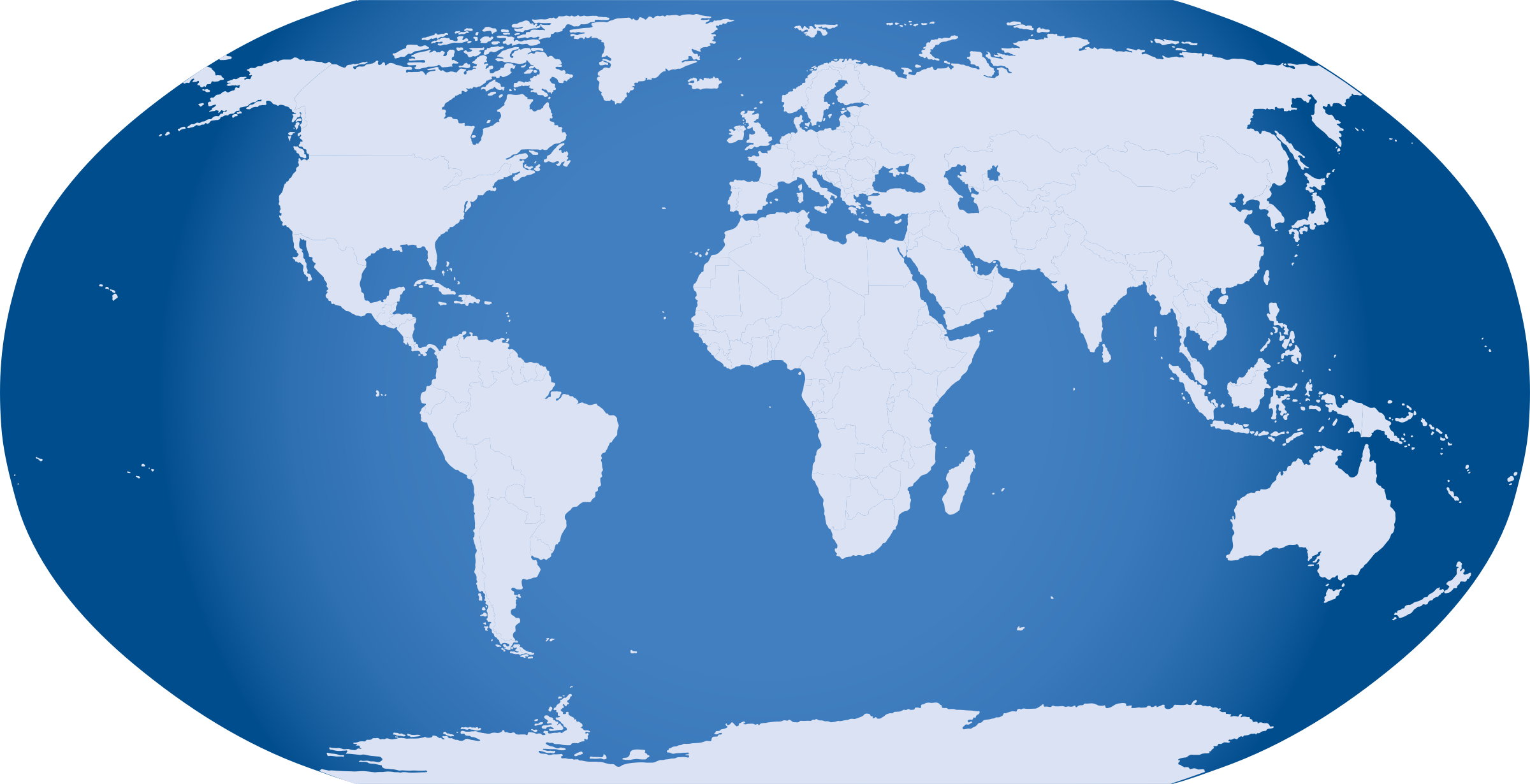Bahá’í teachings advocate for the fundamental principle of unity, a vision that resonates deeply within various cultural contexts, particularly through the lens of African perspectives. The juxtaposition of Bahá’í principles concerning world unity and the rich, diverse tapestry of African cultures opens a unique dialogue that amplifies themes of interconnectedness, social equity, and collective responsibility. This exploration will delineate the multifaceted dimensions of Bahá’í teachings on world unity when interpreted through African eyes, examining historical, sociocultural, philosophical, and spiritual aspects.
To begin with, it is pertinent to illustrate the historical context of the Bahá’í Faith in Africa. The Bahá’í message, which emerged in the 19th century, found fertile ground in Africa, where it swiftly resonated with the intellectual and spiritual ambitions of its inhabitants. The establishment of Bahá’í communities across various African nations has resulted in an impressive amalgamation of local cultures and Bahá’í principles. This historical foundation not only illustrates acceptance of the Bahá’í Faith but also highlights how African perceptions of unity infuse Bahá’í teachings with local significance.
Furthermore, the notion of unity is profoundly interwoven with the sociocultural fabric of African societies. Many African communities have long embraced concepts of togetherness, illustrated in traditional proverbs such as “Unity is strength.” This intrinsic understanding of communal dynamics aligns seamlessly with Bahá’í teachings, where the oneness of humanity is emphasized as a pillar for global advancement. The communal ethos prevalent in African cultures serves as an exemplary model that can enrich the practice of Bahá’í principles, thus creating a harmonious synthesis of beliefs and values centered on collective growth.
Engaging with the philosophy of world unity as seen through African eyes also invokes an exploration of identity. In a continent characterized by a multitude of ethnicities, languages, and traditions, the quest for national and continental identity presents an opportunity to delve into the Bahá’í teaching of the oneness of humanity. As diverse peoples grapple with issues of fragmentation and strife, Bahá’í teachings advocate for transcending individual differences to foster a resilient sense of belonging. Such a journey is not only transformative but also essential for mitigating conflicts and nurturing peace. The emphasis on inclusive dialogue and mutual respect remains a guiding tenet in promoting understanding among varied cultures and communities.
In navigating the interconnectedness of economic and social development within the framework of Bahá’í teachings, it becomes evident that unity transcends mere ideological assertiveness. African nations face diverse economic challenges, from resource distribution disparities to systemic inequalities, which often exacerbate social tensions. The Bahá’í perspective advocates for economic justice and the cultivation of equitable resource sharing. Through initiatives focusing on community-building and holistic education, African Bahá’í communities are actively engaged in fostering environments where economic opportunities are accessible to all. This endeavors to create a robust model for development that is intrinsically tied to the spiritual and moral upliftment of society.
Moreover, the Bahá’í principle of world unity intersects poignantly with contemporary movements advocating for social justice in Africa. As the continent witnesses a resurgence in activism against systemic injustices—such as racial discrimination, gender inequality, and environmental degradation—Bahá’í teachings offer a prophetic framework for action. The emphasis on the eradication of prejudices and the equality of men and women reflects a universal imperative that resonates in campaigns aiming to forge equitable societies. The call for social transformation, anchored in the principle of unity, galvanizes African communities toward collective action that champions rights and liberties for all citizens.
Another vital aspect of this discourse is the role of youth as harbingers of unity in African societies. The Bahá’í teachings place considerable emphasis on the potential of the younger generation as catalysts for change. In a continent where youth represent a significant demographic cohort, there is profound potential for harnessing their energy and innovative spirit in the quest for unity. Bahá’í programs focusing on empowerment, leadership development, and community service provide avenues for youth to engage proactively in societal uplifting. This engagement fosters a collective identity that champions diversity while simultaneously advocating for social cohesion.
Additionally, arts and culture serve as pivotal vessels through which Bahá’í teachings on unity can be expressed and celebrated in Africa. Artistic expressions—ranging from music and dance to visual arts—often encapsulate the African narrative of shared heritage and collective aspirations. By embracing the diverse artistic traditions present across the continent, Bahá’í communities can utilize cultural platforms to convey messages of unity and peace. This form of engagement not only fosters appreciation for cultural diversity but also nurtures an environment where dialogue is fostered through creativity.
In summation, the Bahá’í vision of world unity, when viewed through African perspectives, manifests as a powerful synergy of ideals that resonate within both the spiritual and practical realms. The interplay of history, culture, philosophy, and socio-economic imperatives exemplifies a comprehensive framework for understanding the nuances of unity in diversity. As communities continue to grapple with the complexities of identity and belonging, the Bahá’í teachings illuminate pathways toward authentic collaboration and mutual respect. Ultimately, this enriching dialogue invites all to participate in a collective journey towards a harmonious existence, where the oneness of humanity becomes not just an ideal, but a lived reality.
